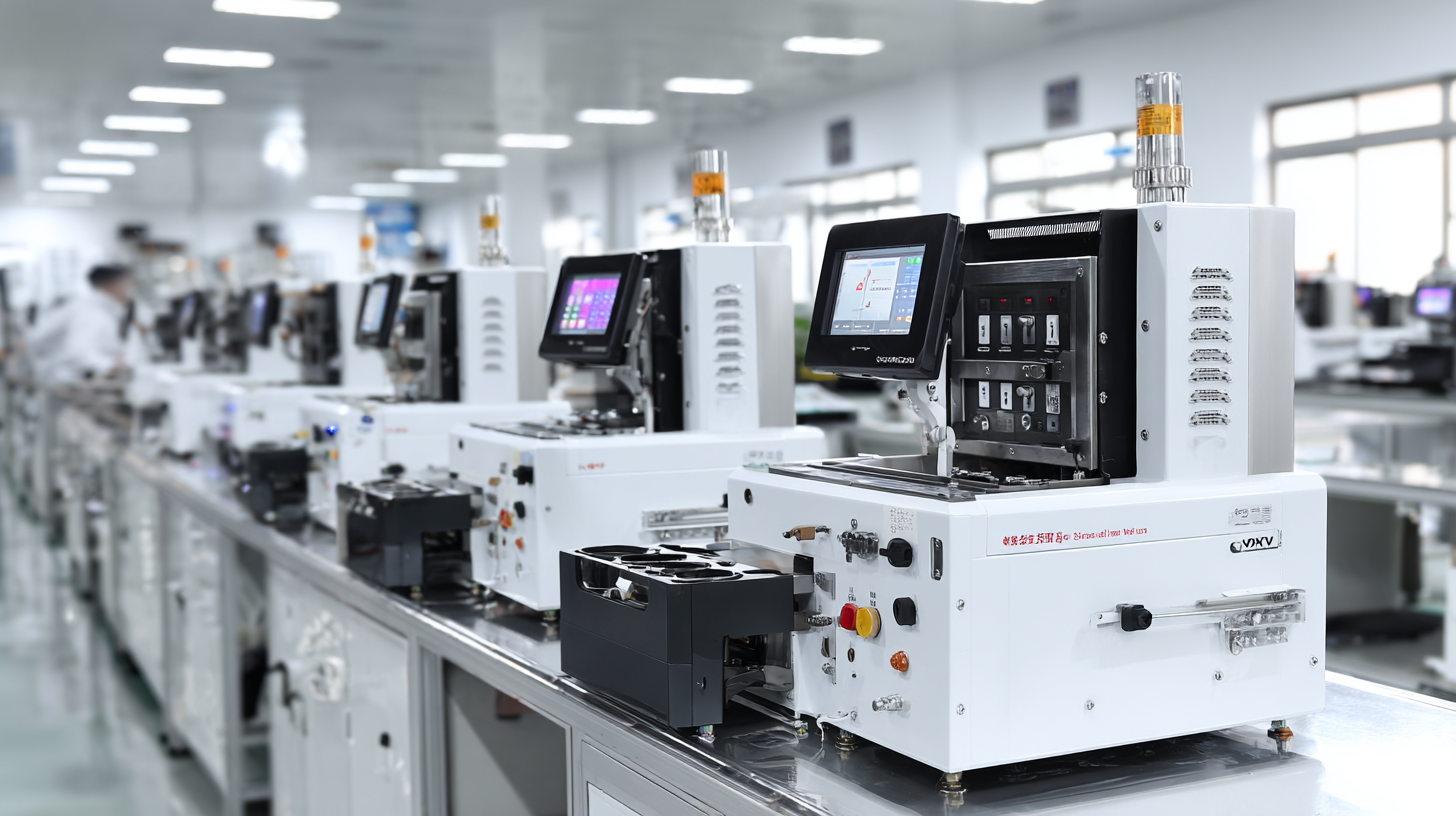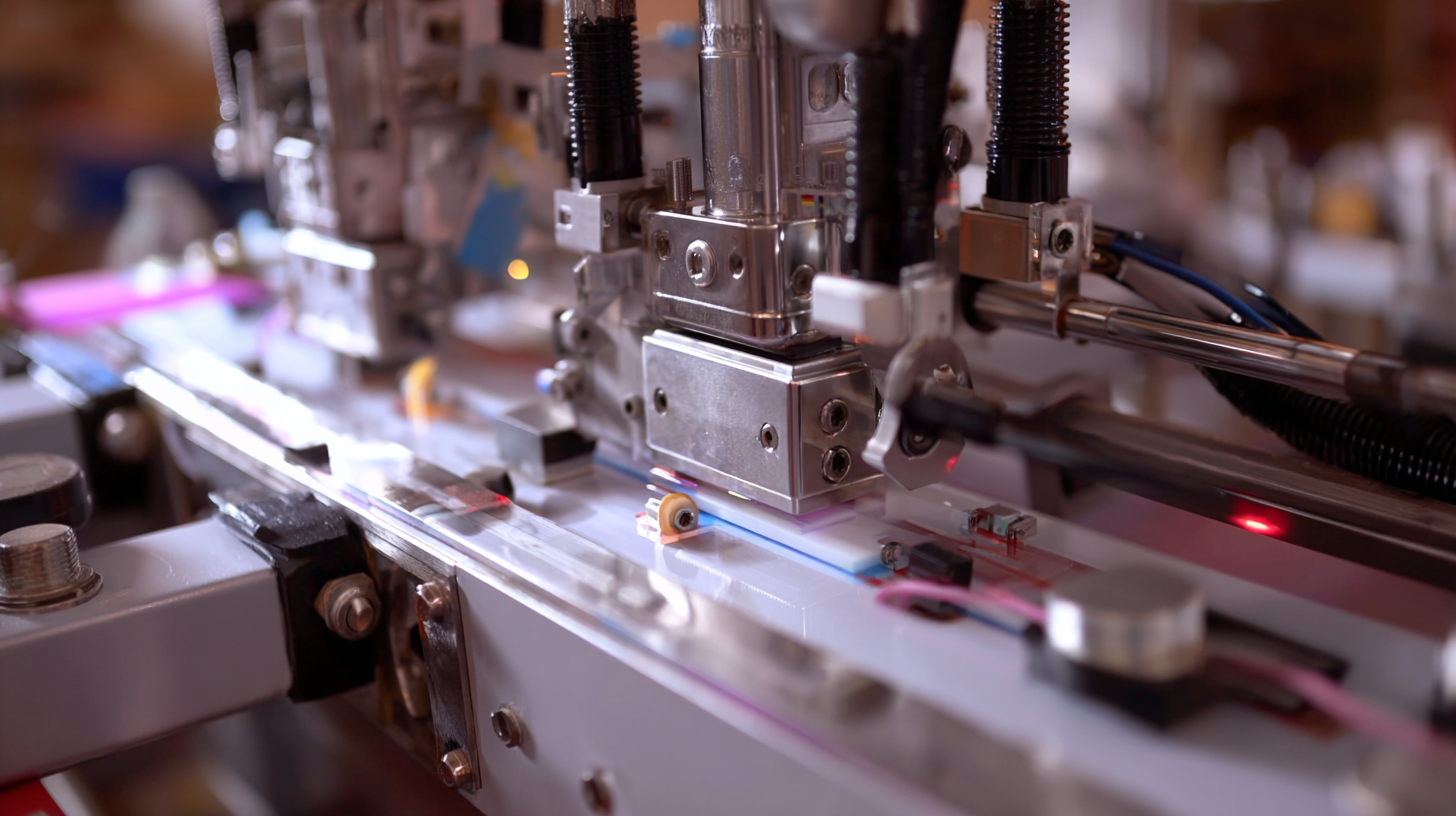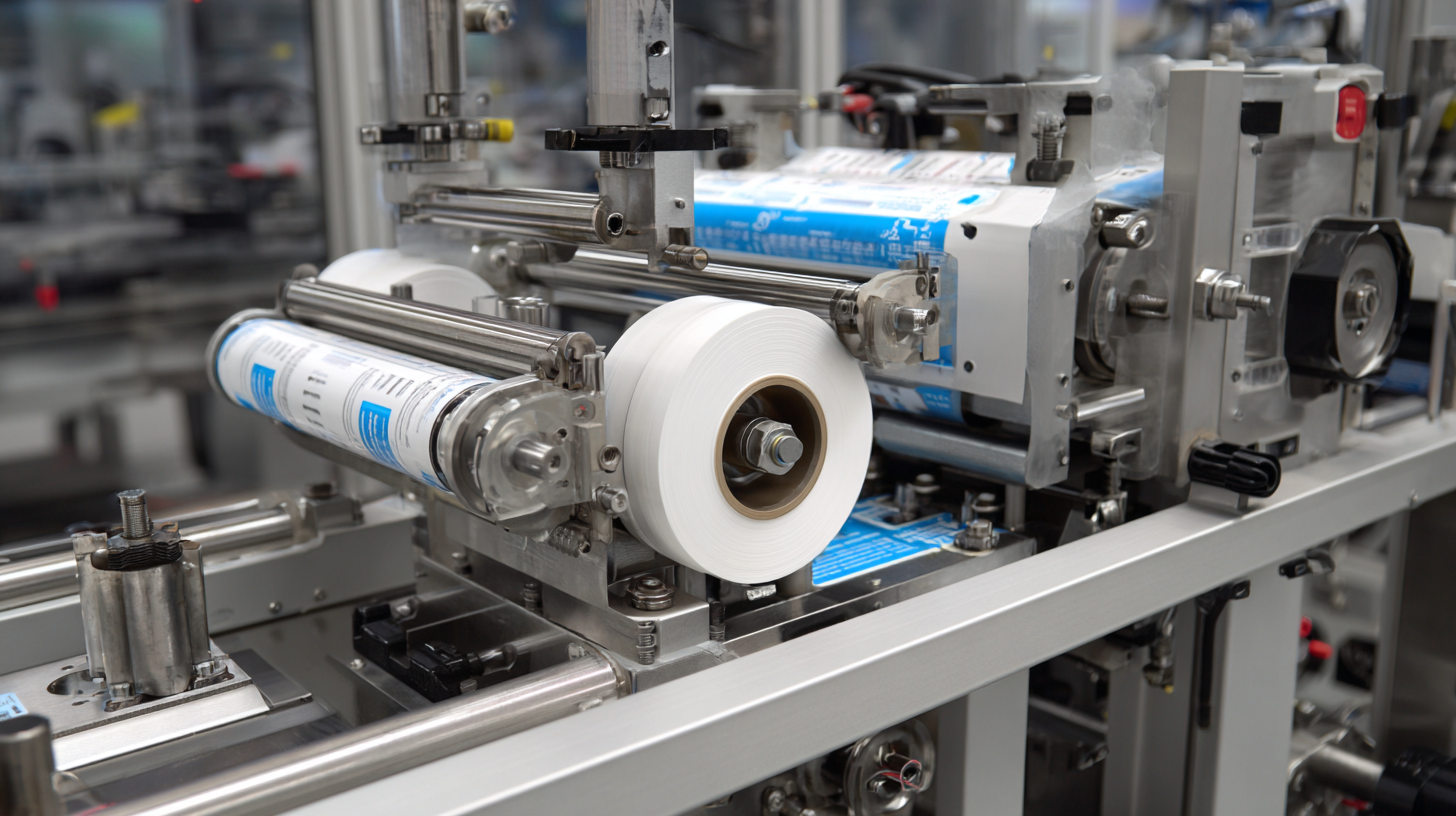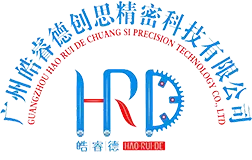Leave Your Message
In today's rapidly evolving manufacturing landscape, the significance of choosing quality suppliers for Heat Sealing Machines cannot be overstated. As per a recent report by Smithers Pira, the global market for heat sealing technology is projected to reach $7.5 billion by 2026, with an annual growth rate of 4.5%. This growth highlights the increasing demand for efficient and reliable heat sealing solutions across various industries, from food packaging to pharmaceuticals. Identifying suppliers that not only provide top-notch machinery but also understand the unique requirements of your business is crucial. Implementing effective strategies in supplier selection can significantly enhance operational efficiencies and product integrity, ultimately positioning companies for long-term success in a competitive environment.

As we delve into the strategies for identifying quality suppliers, we will underscore the critical factors that can lead to the acquisition of the best Heat Sealing Machines available today.
When exploring the diverse types of heat sealing machines, it is crucial to understand their applications across various industries. Heat sealing technology varies significantly, from manual machines for small-scale operations to sophisticated automated systems used in large manufacturing settings. For instance, continuous sealers are ideal for high-volume packaging, while impulse sealers are effective for smaller productions. Understanding the specific needs of your application can guide you in selecting the right machine for optimal performance.
Industry reports indicate that the development of advanced heat sealing machines has been influenced by innovations in materials and technology. For instance, the effective sealing of paperboard trays is largely dependent on the parameters set during the sealing process, including temperature, pressure, and dwell time. A study found that these parameters directly correlate with the leakproof quality of the sealed trays, showcasing the importance of precise control in achieving reliable seals.
Moreover, the integration of IoT technology in heat sealing processes allows for real-time monitoring and adjustments, enhancing efficiency. As an example, the deployment of automated systems in fulfillment operations—similar to those used in warehouses with advanced robotics—exemplifies the trend towards increased automation. By leveraging such sophisticated technologies, businesses can improve their production capabilities and maintain high-quality standards in packaging.

When selecting a heat sealing machine, understanding its product specifications is crucial to ensure quality and efficiency. Key features to assess include the sealing temperature range, which determines the machine's versatility across different materials. A wide temperature range allows for sealing various films and substrates, making the machine adaptable for various applications. Additionally, checking the sealing speed can indicate productivity levels; a faster machine can significantly enhance workflow in high-demand environments.
Tip: Always review the manufacturer's guidelines regarding operating temperature and speeds to match your production needs effectively.
Another important feature to consider is the sealing width, which should align with the size of the packaging you use. A machine with adjustable sealing widths can be beneficial for companies that deal with diverse product sizes.
Tip: Before making a purchase, seek out samples of seals produced by the machine to evaluate quality.
Cost-effectiveness and maintenance requirements are also essential factors; a reliable machine with low maintenance costs can lead to higher long-term value. Ensure to inquire about warranty options, as this will protect your investment and ensure support in case of future issues.
When seeking high-quality heat sealing equipment, evaluating supplier credentials is paramount. The first step in this process is to verify the supplier's industry experience and reputation. Suppliers with a long-standing presence in the market often have a proven track record of delivering reliable machinery and services. Look for testimonials and case studies that demonstrate their expertise and the outcomes they've achieved for other clients. Additionally, certifications such as ISO standards can indicate a commitment to quality and adherence to best practices in manufacturing.
Another critical aspect of assessing suppliers is their capability to provide technical support and after-sales service. It's essential to choose suppliers who not only offer robust equipment but also stand ready to assist with installation, maintenance, and troubleshooting. A supplier with a well-defined service strategy can greatly enhance the overall value of your investment in heat sealing machinery. Engage with potential suppliers to gauge their responsiveness and willingness to collaborate, which can be indicative of their commitment to customer satisfaction. By focusing on these criteria, you can effectively identify suppliers that align with your quality standards and operational needs.

When it comes to sourcing the best heat sealing machines, comparing solutions across various suppliers is crucial. Start by creating a comprehensive list of features that matter most to your production needs, such as sealing speed, material compatibility, and ease of operation. Once you have your criteria, collect specifications and performance data from different suppliers. Utilize comparison charts to visualize how each machine stands up against your essential requirements, making it easier to identify the most suitable options.
In addition to technical specifications, consider the suppliers' reputation and customer service. Read reviews and testimonials to gauge reliability and user experience. Engaging with each supplier can also provide insights into their responsiveness and willingness to support you. Attend trade shows or industry conferences to see machines in action and speak directly with supplier representatives. This hands-on approach, combined with thorough research, will help you make informed decisions and select a heat sealing solution that aligns with your operational goals.
When selecting the best heat sealing technology for your production needs, it is crucial to explore various methods and their suitability. Recent market analyses indicate that the global heat sealing equipment industry is poised to reach $12.2 billion by 2025, driven by innovations in packaging technology. Companies must consider factors such as production volume, material compatibility, and desired seal strength to ensure the selected technology aligns with their operational requirements.
Tip: Conduct a thorough assessment of your packaging materials—such as plastics, films, and foils—to determine which sealing method provides the most reliable performance. For instance, while impulse sealing is ideal for low-volume applications, continuous heat sealing may be more efficient for high-speed production lines.
Furthermore, integrating alternative technologies like ultrasonic sealing or laser sealing could enhance your capabilities. A report from Smithers Pira suggests that ultrasonic sealing offers energy-efficient methods and can work with a broader range of materials. It's particularly beneficial for complex packaging designs, reducing waste and improving seal integrity significantly.
Tip: Stay updated on industry trends and emerging technologies through trade publications and webinars, which can offer valuable insights into the latest innovations and best practices. This knowledge will empower informed decisions and ultimately lead to improved product quality and operational efficiency.
